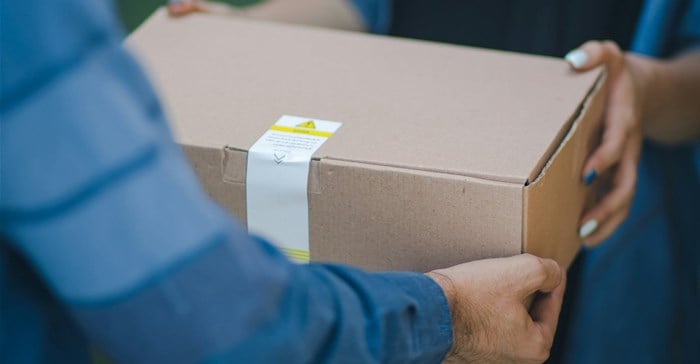
One of the major reasons big-name online retail stores like Amazon enjoy the market share they do is because of the speeds at which they deliver. They can do this because they have a highly focused strategy.
Warehouses are established in optimal locations, sophisticated technology tracks and improves delivery routes, inventory management is next-level, communication with customers is exemplary and forecasting to anticipate customer demand is sublime.
Amazon is a trillion-dollar company; realistically smaller online businesses simply do not have the resources to compete at this level.
That is not to say that lessons can’t be learnt. Local online merchants need to look at their circumstances and then devise strategies that work within them.
Challenges in meeting delivery time expectations almost always hark back to stock availability, handling times and delivery time. Stock levels and handling processes need to be monitored continuously.
In addition, these retailers often have warehousing or distribution centres near these urban centres to minimise transit times. This prioritisation not only enhances customer satisfaction by meeting expectations for rapid delivery but also allows online retailers to operate more efficiently.
However, it can impact delivery times in rural or less densely populated areas, where delivery might be less frequent or involve longer routes.
While big-name online retailers like Amazon have raised the bar for delivery speed, smaller businesses can optimise their logistics strategies to meet customer expectations by focusing on stock availability, handling times, and choosing reliable courier partners.